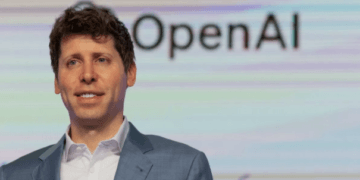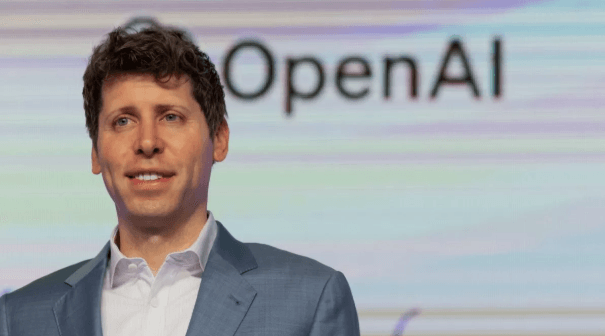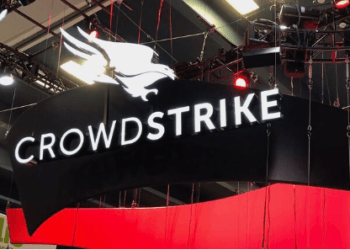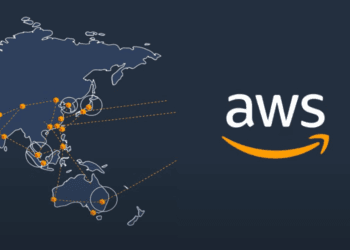Athira Sethu
Kochi, 6 Feb 2025
The CEO of OpenAI, Sam Altman, was recently in India and announced that the country is now OpenAI’s second-largest market. Over the past year, the company has witnessed its user base in India tripled. Altman met with India’s IT Minister Ashwini Vaishnaw and a few start-ups and venture capital firms during his visit. He is also expected to meet Prime Minister Narendra Modi.
Altman emphasized the importance of India in the AI space, pointing out how the country is making significant progress in designing chips, building foundational AI models, and developing applications. He believes India has the potential to be a leader in the global AI revolution. He also mentioned that it is exciting to see the AI work being done in India, especially the advancements in chips, models, and applications.
Altman’s visit comes at a time when DeepSeek, an AI model developed by a Chinese lab, has gained attention. DeepSeek’s model is said to be more affordable than OpenAI’s models, which has raised the bar for AI development at a lower cost. Some people see Altman’s trip as a way to respond to the growing competition from DeepSeek.
During his discussions, he mentioned the ongoing reduction in the cost of building AI models. He believes creating advanced models like those from OpenAI remains expensive; however, the costs over time will continue to fall. In his words, this intelligence in AI is going to increase exponentially, making AI technology not only more powerful but cheaper in the near future.
Vaishnaw, in his discussion, referred to the fact that India had already proven that it was innovative at cheaper prices. He pointed out how cheap space missions are undertaken in India and could easily be emulated in making cheaper AI models for sectors like health, agriculture, and disaster management.
Altman came to India in June 2023. He made some controversial comments then too, saying the world was not yet ready to compete with OpenAI, but he later clarified his statement saying he had merely stated that competing with OpenAI was unrealistic on a small budget and therefore encouraged other entities to try.





















